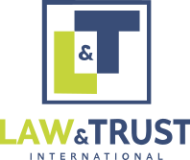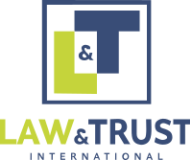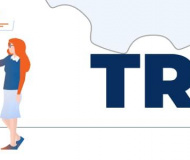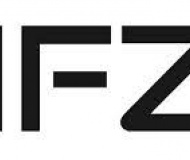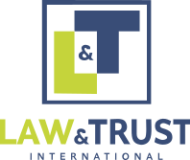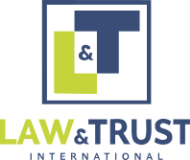Database as an Object of Intellectual Property Law
News:
Date added: 21.08.2018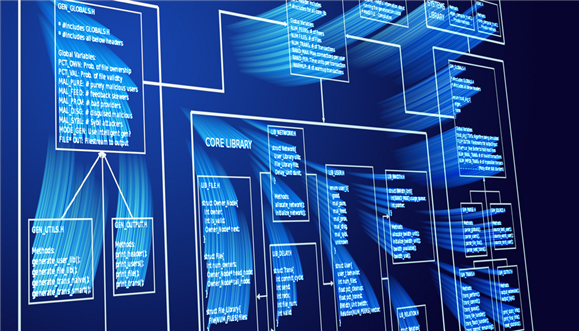 «VKONTAKTE» CASE. RIGHT ON DATABASE
«VKONTAKTE» CASE. RIGHT ON DATABASE
Important notice: Law&Trust no longer work in Russia. Transfer of operational control over Law&Trust in Russia to local management and the formation of the LegalCraft brand was started in 2022 and came into effect in October 2024.
Intellectual Property Rights Count enacted to reconsider the dispute between the social network «Vkontakte» (Mail.Ru Group) and the start-up «Double Data» (LLC «DOUBLE») concerning the right to use the database. However, the decision is not final. In the process of the dispute reconsideration the court will have to decide which use of database is lawful. Operations of other companies, which use data provided by their users in commercial purposes, will depend on the final decision.
The legal proceedings revealed that representatives of the «Double Data» provided banks with information about users of the social network. In this way banks determined paying capacity of their clients. Representatives of «Vkontakte» insisted on intellectual property rights in relation to database of users and, respectively, on prohibition of its free use by third party. However, in first instance the court did not agree with arguments of the social network. According to the court, the database was created by users but not representatives of the «Vkontakte». That is why it should be considered as set of profiles but not an object of intellectual property law. «Significant expenses» of the internet-resource on completing the base were not established to satisfaction of the court.
According to the Intellectual Property Rights Court, the main criterion of the dispute that had arisen is significance of costs for creation of the database but not its specific creators. It does not matter who created the database - users of the resource or its administration. In addition, at the moment of dispute the database included mote than 10 000 components. In relation to this, the Court found that disputable base was used in unlawful way because of the following:
- means of using the DB by itself violates related rights of the social network, i.e right of producer of the DB;
- data of users, which were extracted from the DB, constitutes its significant part.
«Double Data» deny their use of the «significant» part of the DB. According to the statements provided by the start-up, it used in total 0,0001% of all data of the users. Furthermore, operating method of the software used by the «Double Data» may be compared with working principle of internet searching systems. These arguments were neglected in lower instances. Not the case is transferred for its reconsideration. To determine how actually works the software, the technical expertise may be needed.
Who has a right on database?
Current legislation of the Russian Federation considers databases as legally protected objects of copyright (right of composer) and related rights (right of producer). In the first case legal protection may be granted provided that composition of the DB is a result of creative and intellectual activities. In the second case, even if composition of the database was not in consequence of intellectual and creative activity, but involved significant expenses (of organizational, creative and material nature), such base may be protected as the object of related rights. When it is not possible to prove the significance of expenses, the database, which includes 10 000 and more elements, will be considered as protected.
Holder of rights specified hereinabove has a right to prohibit the extraction and further use of materials, which constitute the database.
The legislation of Russian Federation is based on the Directive 96/9/ЕС, which considers databases as collection of compositions protected as an intellectual property right of the composer.
Thus, database should be considered as an object of copyright and related rights in case the following criteria are present:
- Created as a result of creative and intellectual activities;
- Resulted significant expenses having financial, material and organizational matters;
- Consists of more than 10 thousand elements.
Who will be affected by the decision in the «Vkontakte» case?
Except «Double Data», many other companies use databases of followers or clients. In many situations such use is one of the marketing instruments involved to attract the targeted audience of services or goods. The main question to be answered by the court - lawfulness of these instruments.
For clear answer it is necessary to find the working principle of the «Double Data». As an example, whether data are stored in cash or transferred to the carrier of information. On the basis of technical expertise it is necessary for the court to reveal which use of the database is lawful.


